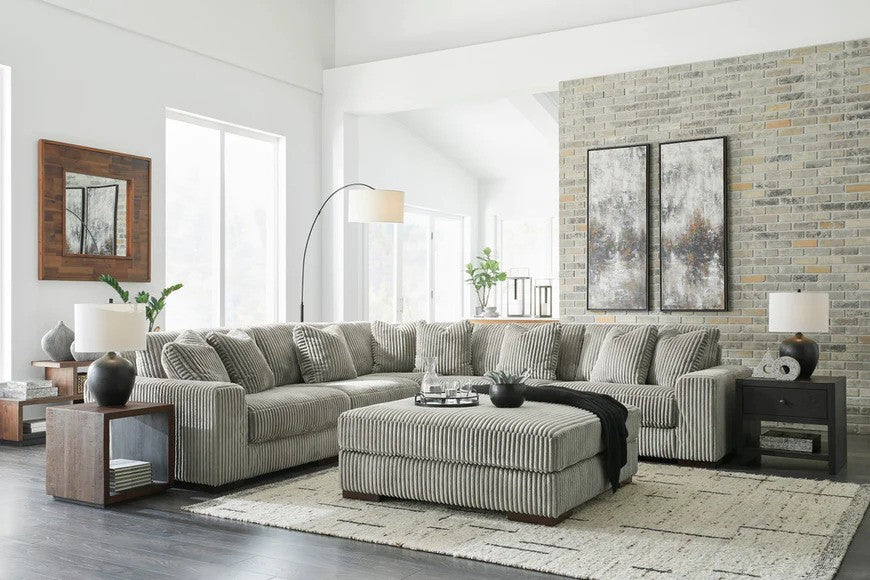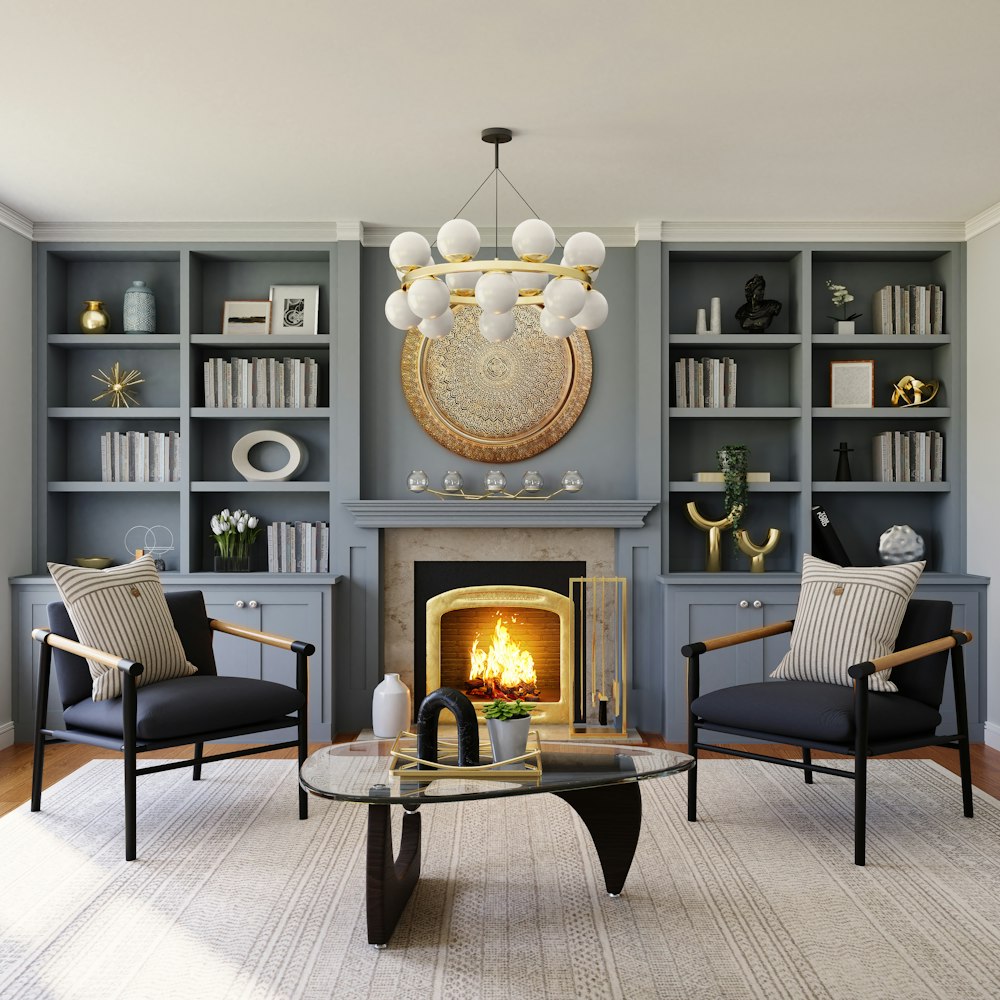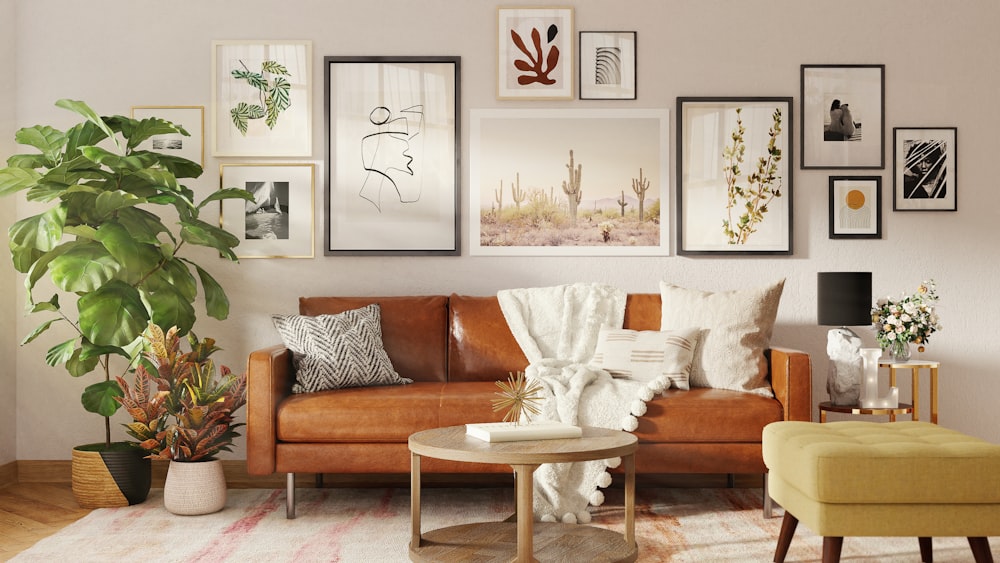
Tips For Styling Your Home Like A Designer With Accessories
It’s amazing how small decorative items and accessories can make a huge impact in a room. Designers know the influence that rugs, lightning, throw pillows, art, and other accessories can have in a space and know how to use them wisely.
Unfortunately, accessories and small decor can also break a space. Decorative items are the most inexpensive way to freshen or add a new look to a room, but if a decorator is not careful, these items can quickly overtake the home.
These simple tips for choosing, combining, and decorating with accessories can help you pull together your room like a pro and avoid the common mistakes many home dwellers make with their decor.
Choose Quality Over Quantity
Mass produced items are inexpensive and readily available at your local home goods store, but is that really what you want to fill your home (and your life) with? When it comes to room accessories, less is often more. One unique piece may work better in your space than loads of tiny knick knacks that have no value beyond price.
Choose Accessories That Are the Correct Proportion
You've seen homes where dwellers have mistakenly chosen a postage-stamp rug in a coliseum-sized room. And those awkward walls where the too-large piece of art is crammed into a too-small space. Before choosing and/or placing accessories, take the time to study scale anf proportion and what fits best in your space. Scale and proportion are what help create a comfortable home and don’t cost a dime.
Combine Textures and Colors
Neutrals are great in large furnishings and permanent fixtures, but inexpensive accessories are perfect to really break out with pops of color and varying textures. Accessories can and should be used to add visual interest and contrast in a space, and accessories can easily and inexpensively be altered or exchanged to fit changing moods, styles, or seasons.
Consider Asymmetrical Arrangements
Mantles are commonly decorated with a mirror or art in the center, flanked by a candle or vase on each side, but this type of symmetrical arrangement can induce a snooze fest in a room more quickly than one of Grandpa Larry’s "stories." When arranging accessories, try going for balance instead of symmetry and group smaller items in odd numbers, such as in threes or fives.
Add Accessories in Layers
Think of accessories as decorations on a cake. Large accessories should be placed first and sparingly, with medium- and small-sized accessories filling in and adding balance where needed. Several small accessories can give the "feel" of a large item when grouped, but don’t forget to leave some breathing room. Not every nook and cranny in a room needs to be filled with the decor.
Home Accessory Ideas
Below is listed a very small sampling of home decor items that you can choose from to accessorize and enhance your home. Remember to mix colors, layers, and textures by choosing pieces of varying heights, widths, and styles. For additional contrast, mix vintage items in with new. Just remember, if you don't absolutely love it, leave it sitting on the store shelf. Accessories are like trains: another one will always come along.
- Lighting such as floor, table, and pendant lamps
- Baskets and bins
- Books and magazines
- Vases and other glassware
- Candles and candle holders
- Natural elements such as flowers, seashells, twigs, and pinecones
- Mirrors, art, and photos
- Rugs and doormats
- Pillows, cushions, and throws
- Themed or specialty collections
- Birdcages and other hanging decors




